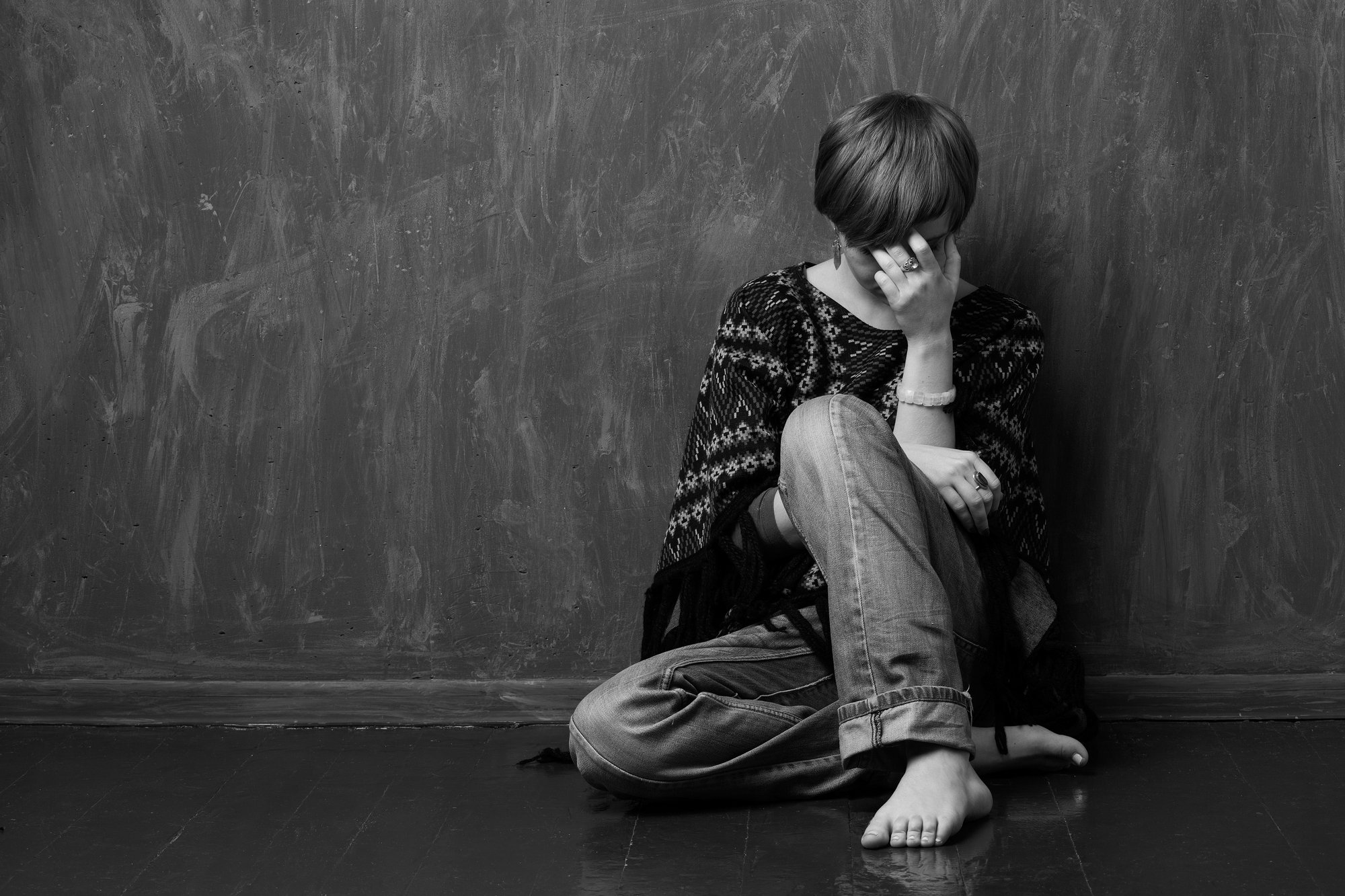We know that the consequences of crises and large-scale disruptions are more serious for people who are already disadvantaged. This means that the visible and invisible impacts of the recent bushfire crisis, and now the COVID-19 global pandemic have been greater on women. As we’re all required to practise social distancing and limit our interactions with the outside world, and rightfully to protect us all from what is a deadly illness, we have already seen the gender inequities that exist in our society become more apparent. Many of the areas which have been hardest hit and where there have been the biggest job losses are dominated by women, with many of these employed casually.
Women already do the bulk of the unpaid household and caring work, and as paid work and schooling has been moved into the home, many women who still have a job are discovering that they are expected by their partners to pick up more responsibility for the care and education of children while they are also expected to maintain their previous level of productivity by their employers. If you read between the lines of the gendered divide in the spending of the stimulus packages, there are subtle signs of financial abuse evident in this spending. For example, research has shown that men are spending more on apps, games, gambling and alcohol, leaving women to spend their stimulus on groceries, bills and food for the family.
Although there are many stories coming out of our social isolation about the impacts of the pandemic on women and their increase in domestic chores and caregiving, the family violence sector has not so far reported the expected increase in demand for its services. Far from being positive, this is very concerning for many with experience in the sector. In fact, workers in family and domestic violence support services are reporting a thirty per cent drop in callers asking for help. And this is a sector in which we already know that it is not possible for everyone who needs assistance to reach out. Many men who exercise coercion and abuse against women have already created a situation in which it is difficult for women to ask for help, and many women justifiably fear retribution from their abuser if it is discovered that they have sought help. Workers in the family violence sector are interpreting the current drop in requests for help as a sign that women who are self-isolating with their abusers no longer have the safety to ask for help, and while job losses and financial insecurity are common, these women, and their children, are more at risk of an escalation of violence and death than ever before.
There have been reports of men using COVID-19 as a way to further control their partners and children, telling them if they come into contact with anyone in the outside world then they are risk of becoming infected. Other men are using it as a way to keep concerned friends and family away, taking the self-isolation precautions to a new extreme. More than ever, women in this situation have no way of reaching outside these conditions for the help they need.
However, there are things that we can all do to look out for these women and children. Say hi to your neighbours if you see them out when you’re putting out your bins or checking your letterbox ask them how they’re going with the lockdowns and if they need anything. Letting people know you’re there if they need you is an easy way to reach out. Familiarise yourself with the family violence support numbers in your state or territory. They’re also available to speak to if you have concerns about someone you know who you think might be living with family violence and they can talk you through how to support them.
Just because we’re in COVID-19 lockdown doesn’t mean that family violence stops, it just makes it harder for those affected to reach out. This is an opportunity for us as a community to become more creative in how we deal with it and to take more time to look out for each other.
Christine Craik has worked as a social worker in family support, housing, community health and hospitals with a focus on family violence, sexual abuse and refugees for almost three decades. Christine holds a Master’s degree in Social Policy and Management and is currently completing her PhD. Christine currently lectures in the undergraduate and postgraduate social work degrees at RMIT University.
To view on YouTube:
You may also like to read:









